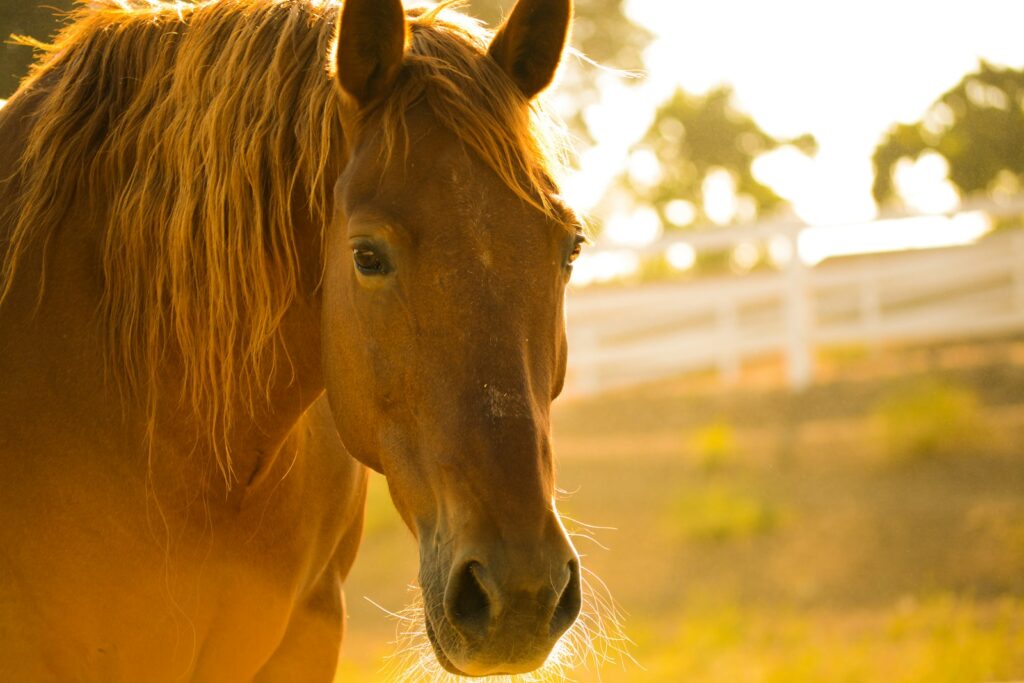Now Reading: What is the Ekpe Society?
1
-
01
What is the Ekpe Society?
What is the Ekpe Society?
Okwu ndị Igbo n’ala bekee.
The Ekpe society, also known as the Leopard Society, is a traditional fraternal secret society found primarily among the Ejaham, Efik, Ibibio, and Igbo peoples of southeastern Nigeria and western Cameroon. This society plays a significant role in the cultural, social, and political life of these communities. The society is known for its elaborate rituals, symbols, and hierarchical structure. The Ekpe society serves various functions within the communities where it exists:
Social Order and Governance: The Ekpe society often functions as a form of governance and social control. It enforces rules, maintains order, and settles disputes within the community. Members of the society are typically respected elders who hold influence over decisions.
Cultural Preservation: The Ekpe society serves as a guardian of cultural knowledge, history, and traditions. It safeguards and passes down essential cultural practices, stories, and rituals from one generation to the next.
Spiritual and Ritual Practices: The society is involved in spiritual and ritual practices, often associated with ancestor veneration and religious beliefs. It uses symbols, dances, masks, and other ceremonial elements in its rituals.
Secrecy and Initiation: Membership in the Ekpe society is exclusive and involves initiation rituals. The society is known for its secrecy, with certain aspects of its practices and symbols hidden from those who are not initiated members.
Symbolism and Communication: The Ekpe society also uses symbols, similar to Nsibidi, to convey messages, often in a coded manner. These symbols are understood by members and are used for communication within the society.
Community Bonding: The society fosters a sense of unity and belonging among its members. It often collaborates on communal projects and events, strengthening the social fabric of the community.
Overall, the Ekpe society is a complex and multifaceted institution that played a pivotal role in the cultural and social life of the communities it serves. It’s important to note that societies like Ekpe have evolved over time and can have variations in their practices and significance across different regions and communities.
Social Order and Governance: The Ekpe society often functions as a form of governance and social control. It enforces rules, maintains order, and settles disputes within the community. Members of the society are typically respected elders who hold influence over decisions.
Cultural Preservation: The Ekpe society serves as a guardian of cultural knowledge, history, and traditions. It safeguards and passes down essential cultural practices, stories, and rituals from one generation to the next.
Spiritual and Ritual Practices: The society is involved in spiritual and ritual practices, often associated with ancestor veneration and religious beliefs. It uses symbols, dances, masks, and other ceremonial elements in its rituals.
Secrecy and Initiation: Membership in the Ekpe society is exclusive and involves initiation rituals. The society is known for its secrecy, with certain aspects of its practices and symbols hidden from those who are not initiated members.
Symbolism and Communication: The Ekpe society also uses symbols, similar to Nsibidi, to convey messages, often in a coded manner. These symbols are understood by members and are used for communication within the society.
Community Bonding: The society fosters a sense of unity and belonging among its members. It often collaborates on communal projects and events, strengthening the social fabric of the community.
Overall, the Ekpe society is a complex and multifaceted institution that played a pivotal role in the cultural and social life of the communities it serves. It’s important to note that societies like Ekpe have evolved over time and can have variations in their practices and significance across different regions and communities.
Stay Informed With the Latest & Most Important News
Previous Post
Next Post
Loading Next Post...











